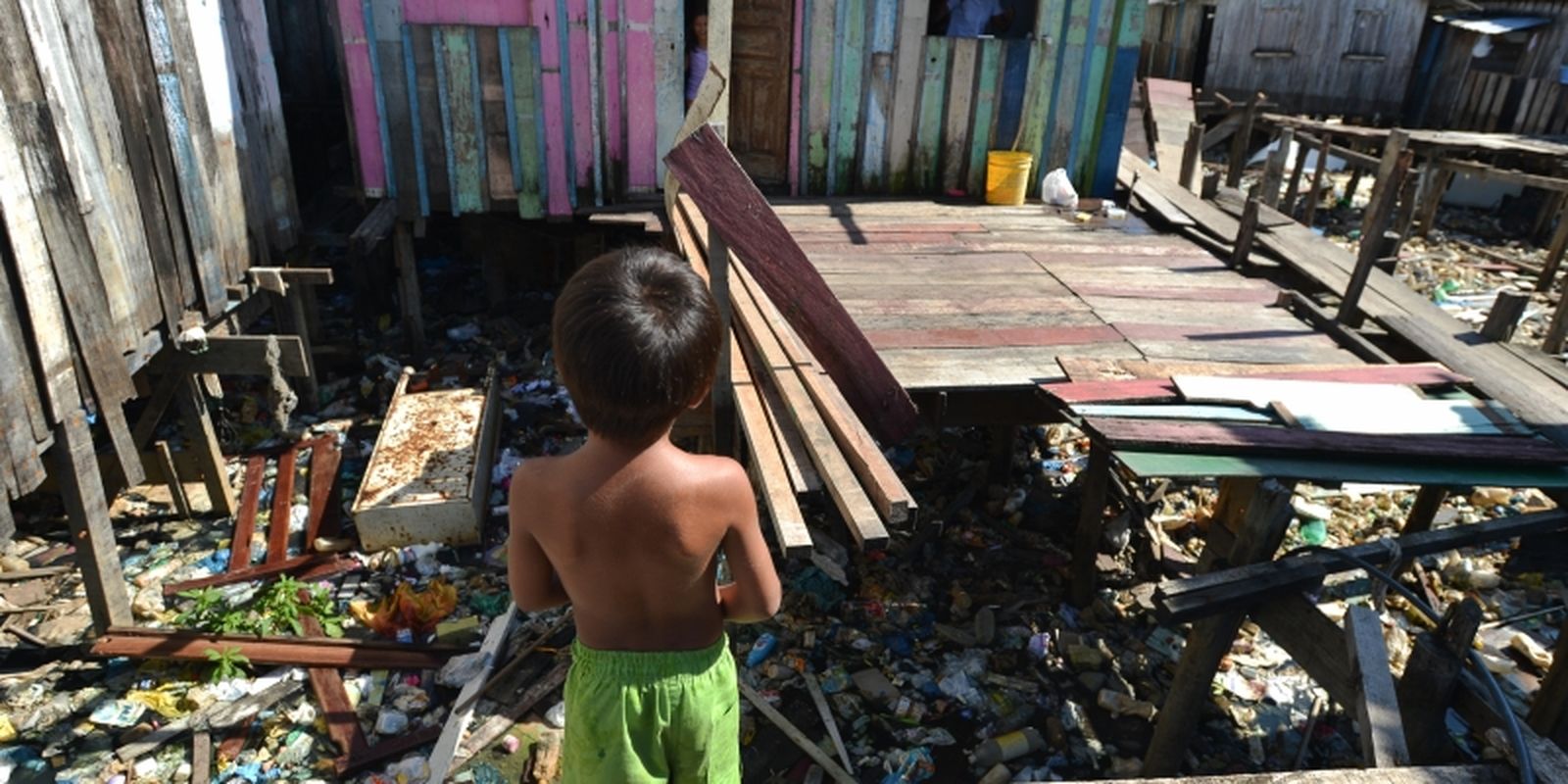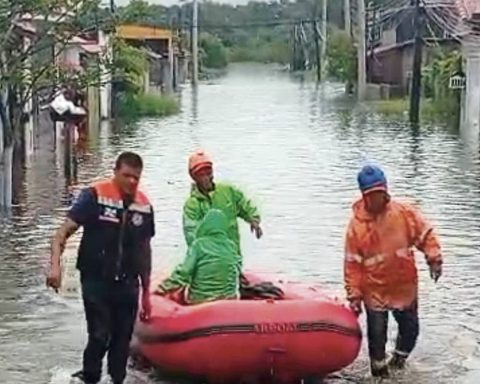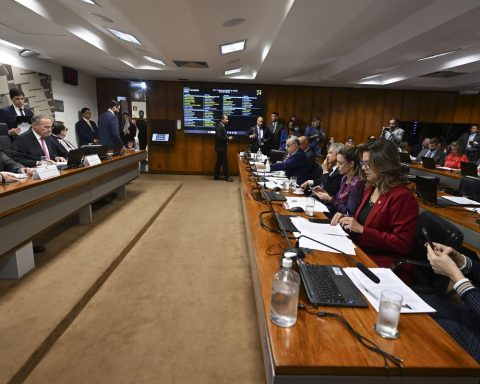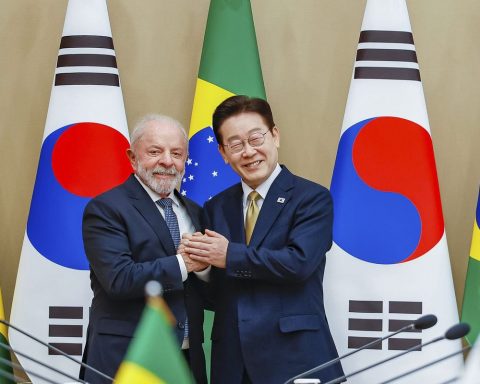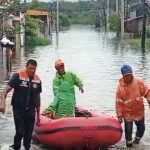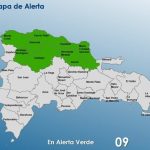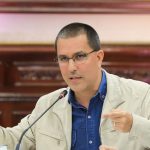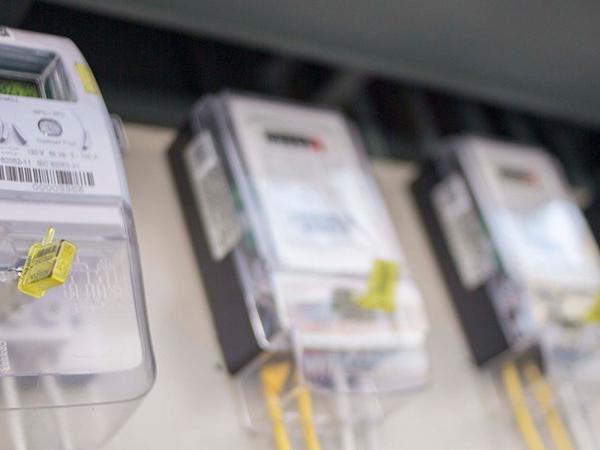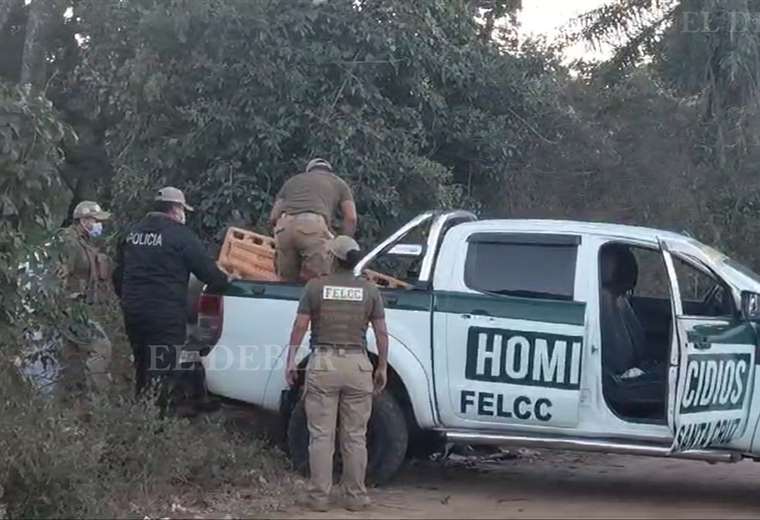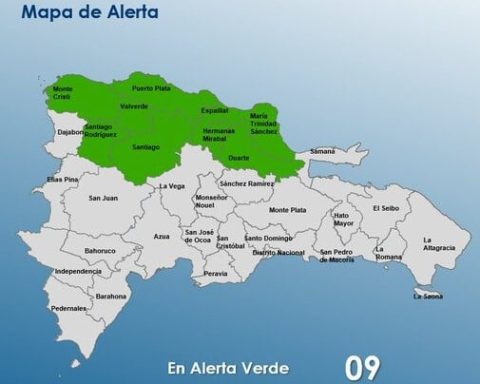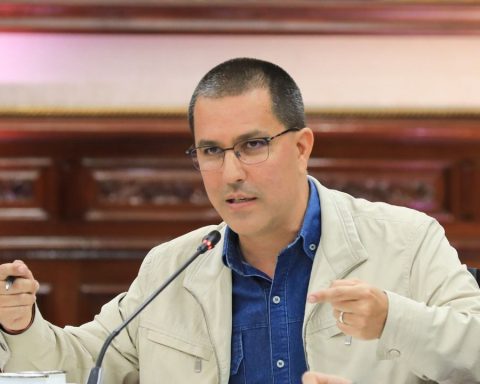Rio de Janeiro begins this Monday (22) a week that lives up to its self-titled Capital of the G20 (Group of 20). Until Friday (26) there will be high-level meetings between economic authorities from the countries that make up the bloc, in addition to events with ministers from social areas. One of the highlights will be the pre-launch of the Global Alliance against Hunger and Poverty.
On Monday and Tuesday (23) there will be a meeting of representatives of finance ministers and central bank presidents of member countries. The meetings are part of the Finance Track, the G20 arm that deals with economic issues such as international taxation, taxation of large fortunes – the so-called super-rich – financial inclusion, reform of multilateral development banks and macroeconomic issues. The event will be held at the Windsor Barra hotel, in Barra da Tijuca.
Coordinator of the G20 Finance Track, Ambassador Tatiana Rosito, Secretary of International Affairs at the Ministry of Finance, is one of the names representing the Brazilian delegation in these first two days of meetings.
The countries’ delegations will participate in talks to draft a joint document that will be delivered to the finance ministers and central bank presidents, who will hold meetings on Thursday (25) and Friday (26). The content of the Finance Track will be one of the most important topics at the G20 summit, on November 18 and 19, also in Rio de Janeiro, bringing together heads of state and government from the G20 countries.
The G-20 addresses global growth and development through strengthening the international financial architecture and opportunities for dialogue on national policies, international cooperation and international economic and financial institutions.
In 2024, Brazil will hold the presidency of the G20. This is the first time that the country has led the discussions of the multilateral group. One of the new initiatives suggested by the Brazilian government is the G20 Social, a movement to ensure that diverse voices from society have relevance in the debates that will reach international leaders.
As a way of putting social participation into practice, civil society was invited to speak during Monday’s meeting. This is the first time this has happened at a meeting of representatives from finance ministries and central banks. In addition to the 13 G20 engagement groupsrepresentatives of the Economic and Social Development Council and leaders of Brazilian favelas that make up the F20 (Favelas 20) will participate.
Alliance against hunger
In another part of Rio, the Galpão da Ação da Cidadania was chosen to host the ministerial meeting on Development, which is part of the Sherpa Trail, the most political side of the G20. The meetings begin today and will be attended by the ministers of Foreign Affairs, Mauro Vieira; Planning, Simone Tebet; Cities, Jader Barbalho Filho; and Racial Equality, Anielle Franco.
Also at the Galpão da Cidadania, one of the highlights of the week will take place on Wednesday (24). With the presence of President Luiz Inácio Lula da Silva, the pre-launch of the Global Alliance against Hunger and Poverty, one of the priorities of the Brazilian presidency of the G20, will be held.
The Brazilian government wants to put together a set of actions to end global poverty, which includes ways of raising and distributing resources, as well as exchanging successful experiences. The latest edition of the report The State of Food Security and Nutrition in the World, by the Food and Agriculture Organization of the United Nations (FAO), will be released on the same Wednesday.
The location is symbolic, as it is where the Non-Governmental Organization Ação da Cidadania operates, founded by sociologist Herbert de Souza, known as Betinho, in 1993. The organization is one of the main names in civil society fighting against hunger in the country.
The week will also feature bilateral meetings. Finance Minister Fernando Haddad, for example, will meet with authorities from the United States, the United Kingdom and the Organization for Economic Cooperation and Development (OECD), known as the club of rich countries.
Also throughout the week, the headquarters of the National Bank for Economic and Social Development (BNDES) hosts a international event of the G20 Development Working Group. There will be seminars with representatives of governments, academics and international organizations. Among those present are names such as the President-elect of the European Council, former Portuguese Prime Minister António Costa, and former President of Chile, Michelle Bachellet.
Group of 20
The Brazilian presidency of the G20 will last until the November summit. The G20 is made up of 19 countries: South Africa, Germany, Saudi Arabia, Argentina, Australia, Brazil, Canada, China, South Korea, the United States, France, India, Indonesia, Italy, Japan, Mexico, the United Kingdom, Russia and Turkey, and two regional bodies: the African Union and the European Union.
The group’s members represent about 85% of the world economy, more than 75% of global trade and about two-thirds of the world’s population. The group’s next presidency will be held by South Africa.
